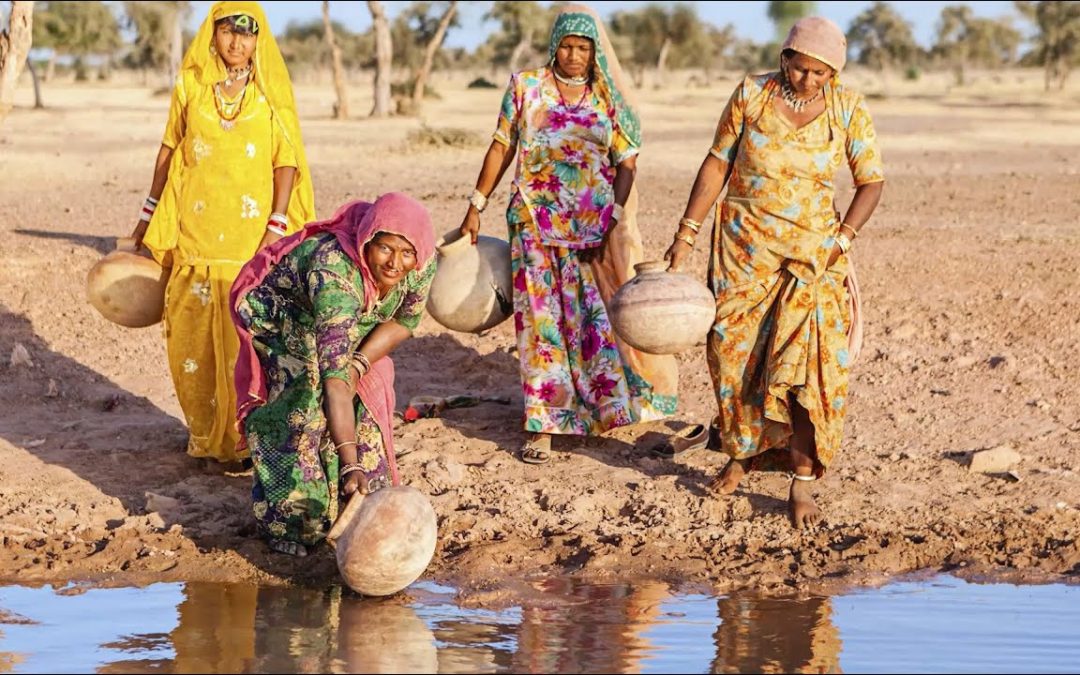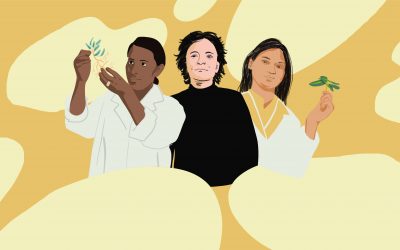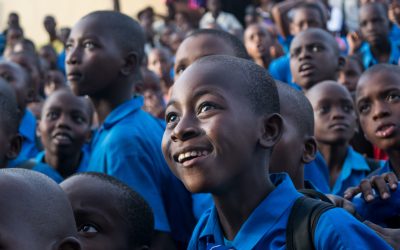08 MARCH –Today, in occasion of the International Women’s Day, we celebrate the theme selected by UN: “Women in leadership: Achieving an equal future in a COVID-19 world.”, to commemorate the efforts done by women and girls around the world in shaping a more equal future and recovery from the COVID-19 pandemic.
In the past year, we all had to face the major challenge to readapt our lives and our minds to a world that has been profoundly reshaped by the pandemic. The globality of this phenomenon has limited the possibility to conduce what we used to consider a “normal”, “ordinary” life; affected our health-care systems, economies, mobility and our attitude towards social inclusion and development.
Especially women have been more affected. Especially those who already used to experience disadvantage because of their income, age, geographic location and health status.
According to the UN report “The Impact of COVID-19 on Women”, women have reduced capacity to respond to such a shock, because they earn less, hold less secure jobs and have less access to social protections then men.
In other words, what is happening is that the pandemic is exacerbating the inequalities that already existed before, with the risk of rolling back the still fragile gains made in female employment and political participation.
The situation aggravates in developing countries. Here, women are the main responsible for food production and they make up almost one half of the agricultural work force.

Figure 1: Impacts of COVID-19 on Women. Source: Brief, Policy. “The impact of COVID-19 on women.” United Nations, 2020. Available at policy-brief-the-impact-of-covid-19-on-women-en.pdf (unwomen.org)
In Madagascar agriculture employs 78% of the labor force. The empowerment of this sector is fundamental for enhancing the national development, accelerating growth, creating employment, and reducing poverty. Rural women in Madagascar, also know ad Malagasy women, play a huge role in improving the living conditions of their communities.
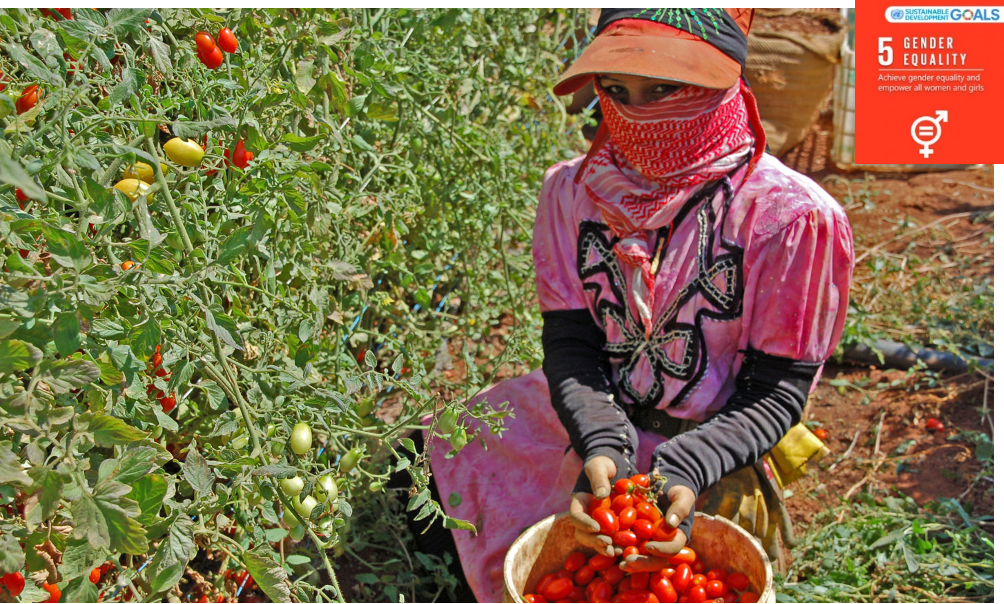
Figure 2: Malagasy woman working in the agricultural sector. Source: UNESCO, available at Women’s Rights in Madagascar (unesco.org).
Unfortunately, Malagasy women still face economic, cultural and political discrimination. They have less access than men to technologies, financial capacity, education and agricultural resources, making them far more vulnerable to the impacts of COVID-19.
Disparity is also noted in political leadership context: women can hardly reach high positions. This is due to many factors such as cultural influence, women consideration inside the society and men dominance in public life. The percentage of women representation in public life of Madagascar government has never gone over 16%.
However, recently few steps have been done to empower women’s role. With the support of the First Lady Mialy Rajoelina, new gender-based violence law has been adopted in the country, in order to protect women and children against sexual, social, and economic violence. The active contribution of Malagasy women is becoming increasingly recognized in various fields: as members of the government, Parliament, civil society, and the private sector.
In regard of this, the President of the UN’s International Fund for Agricultural Development (IFAD), Gilbert F. Houngbo, in the occasion of the International Day of Rural Women publicly addressed the importance of the role of woman for rural communities: “Our global resilience depends on governments paying greater attention to the disproportionate socio-economic impacts on rural women and stepping up their investments to protect them. […] It is unacceptable that rural women, who play such a vital role in growing food and building thriving economies, are at greatest risk during the pandemic”.
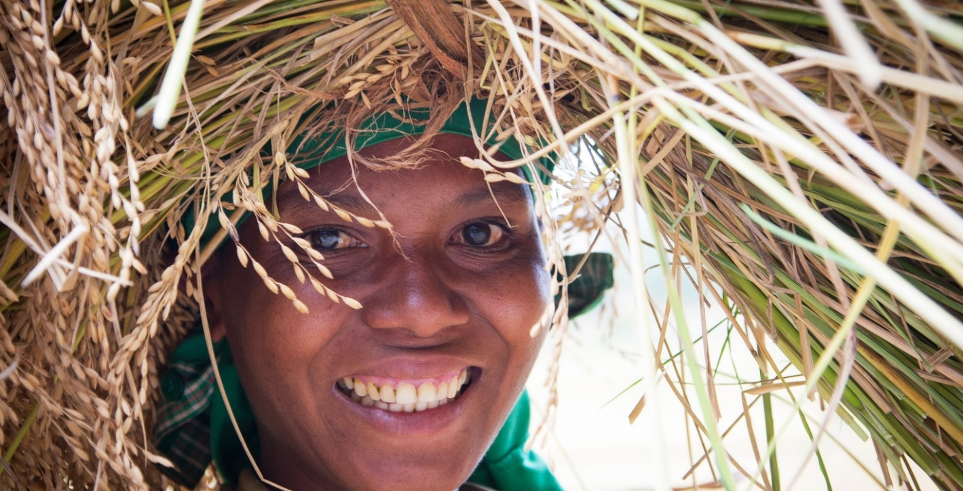
Figure 3: Malagasy woman. Source: UNESCO, available at Women’s Rights in Madagascar (unesco.org)
The future of Madagascar, and of the other rural countries depends on the equilibrium of the middle social class that will strengthen the stability of the economic and political profile of the country. This will require more women to be involvedin the public life and in the resource management of the community, and having the same responsibilities, opportunitiesand protection as men.
Martina Sardo
PhD student at Politecnico di Milano
Bees, flowers and intensive agriculture
The bee is an extraordinary animal. Leaning out...
Science is also “girl stuff”
In some fields more than others, gender gap is...
The keywords of education: from ABC to qwerty
This story begins with the ABC Book, the book...

